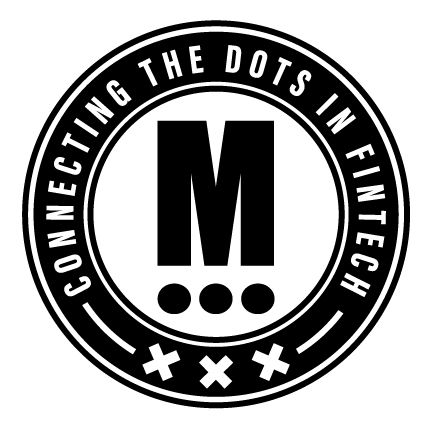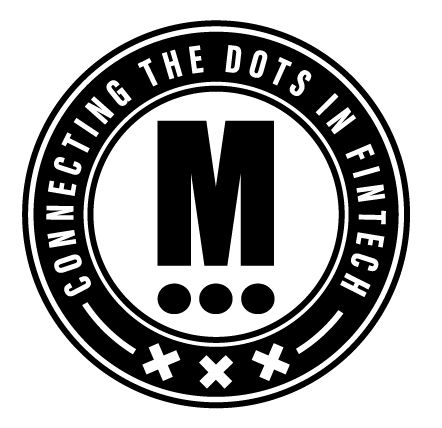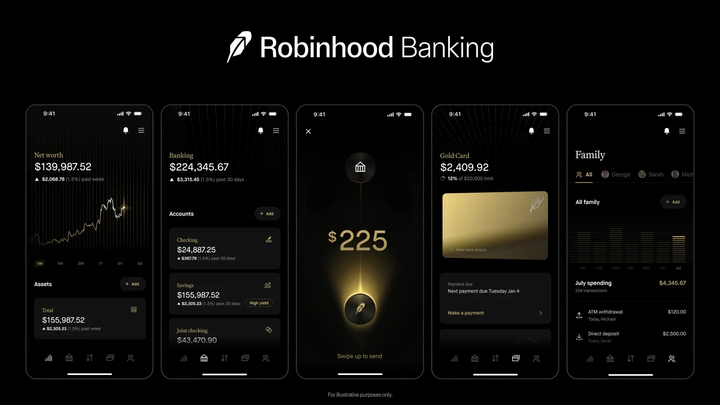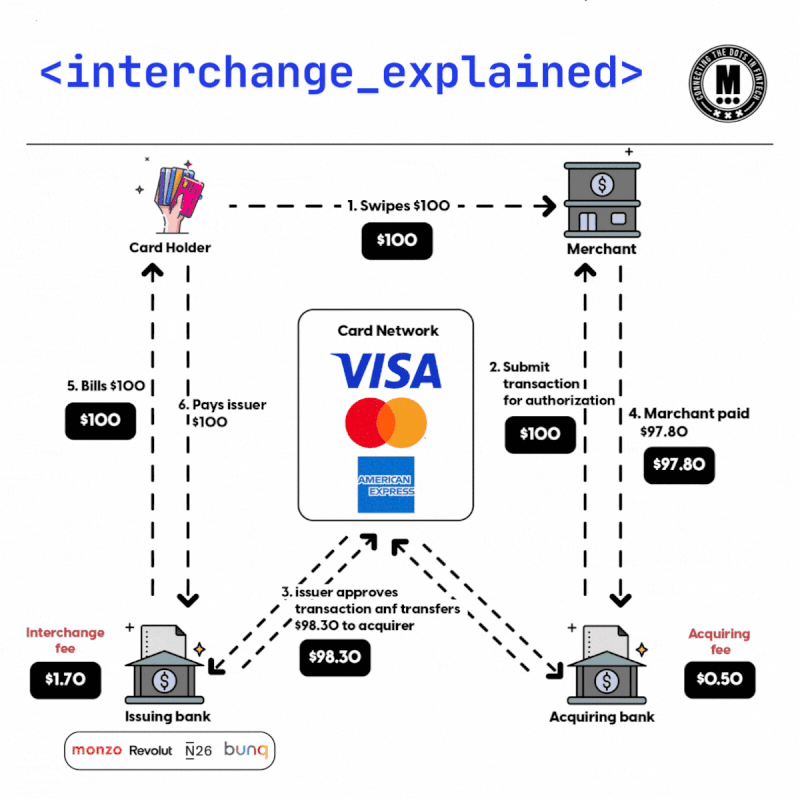At what age do founders start unicorn🦄 companies?

When you think of startups, you likely imagine a college dropout creating a business out of his/her dorm room. After all, that has been the story painted about many of the internet giants of our time: Mark Zuckerberg started Facebook while at Harvard; Bill Gates started Microsoft at 20; Steve Jobs launched Apple at 25.
However, contrary to popular belief, young founders are actually the exception, not the rule.
A relatively old study conducted by researchers at MIT, Northwestern, Wharton, and the U.S. Census Bureau challenges the common perception that successful startup founders are young college dropouts.
Between 2007 and 2014, the average age of the 2.7 million founders in the United States who started companies and then hired at least one employee was 41.9—more than twice that of Bill Gates when he started Microsoft.
The study study also reveals that the mean age of Tech startup founders is 43, and the average age of founders of high-growth unicorns is 45.
In fact, the likelihood of success actually increases with age, with 50-year-old founders being almost twice as likely to build a thriving enterprise compared to 30-year-old founders.
Famous companies that we use daily were started by founders in this age group, such as Zoom, founded by Eric Yuan at 41, Netflix, started by Reed Hastings at 37, and E-Trade, founded by Bill Porter at 54. Despite the prevalence of older founders, the media often focuses on the narrative of young dropouts, which sells more magazines.
The study examines why 40-year-olds may be better equipped to start successful companies than 20-year-olds. One key factor is work experience in the same industry, as entrepreneurs with at least three years of prior experience in their startup's industry are 85% more likely to succeed.
Forty-year-olds also possess more life experience, allowing them to make informed decisions based on their understanding of customer needs and the workings of businesses and products in the real world. Additionally, they have had more time to acquire and develop skills that are beneficial for entrepreneurship.
Furthermore, 40-year-olds tend to have larger professional networks and social connections, which can be strategically leveraged to achieve their startup goals. They have cultivated relationships through work, extracurricular activities, and personal life, providing them with a valuable support system.
Financial resources also play a role, as 40-year-olds generally have established careers, savings, and access to capital investments, providing a more stable foundation for their startups.
The study's findings challenge the notion that young college dropouts are the norm for successful startup founders. Age and experience can be advantageous, and the older you are, the more likely you are to succeed.
The story of David Duffield, who co-founded Workday at 65, serves as an inspiration and demonstrates that it is never too late to pursue entrepreneurial endeavors.
Unicorns🦄
Founding a startup is one thing. Making it a success and building a unicorn is another.
Recently Ilya Strebulaev and his team at Stanford University researched 2,732 founders of US-based VC-backed unicorns, where they estimated their birth year (93% of all unicorn founders in our sample).
Key takeaways from this research are:
‣ An average unicorn founder started their first unicorn at the age of 35. The median age of a unicorn founder is 33, five years less than an average person in the US.
‣ There is a lot of variation. At one extreme, 27 people (about 1%) started companies that became unicorns while they were still in their teens, but most unicorn founders were in their 30s.

What I think we can learn from this is; if you have dreams of starting a company later in life, take inspiration from the many successful founders who have achieved greatness after the age of 40. It’s never too late.
Cheers,
Marcel.





Comments ()